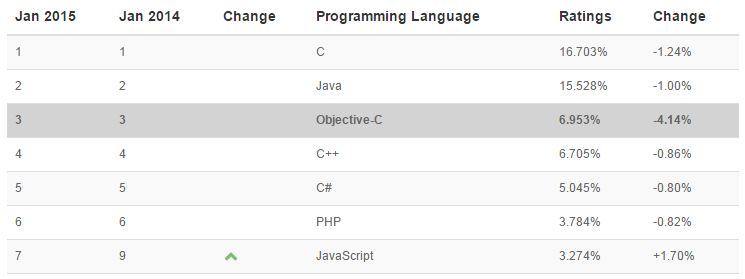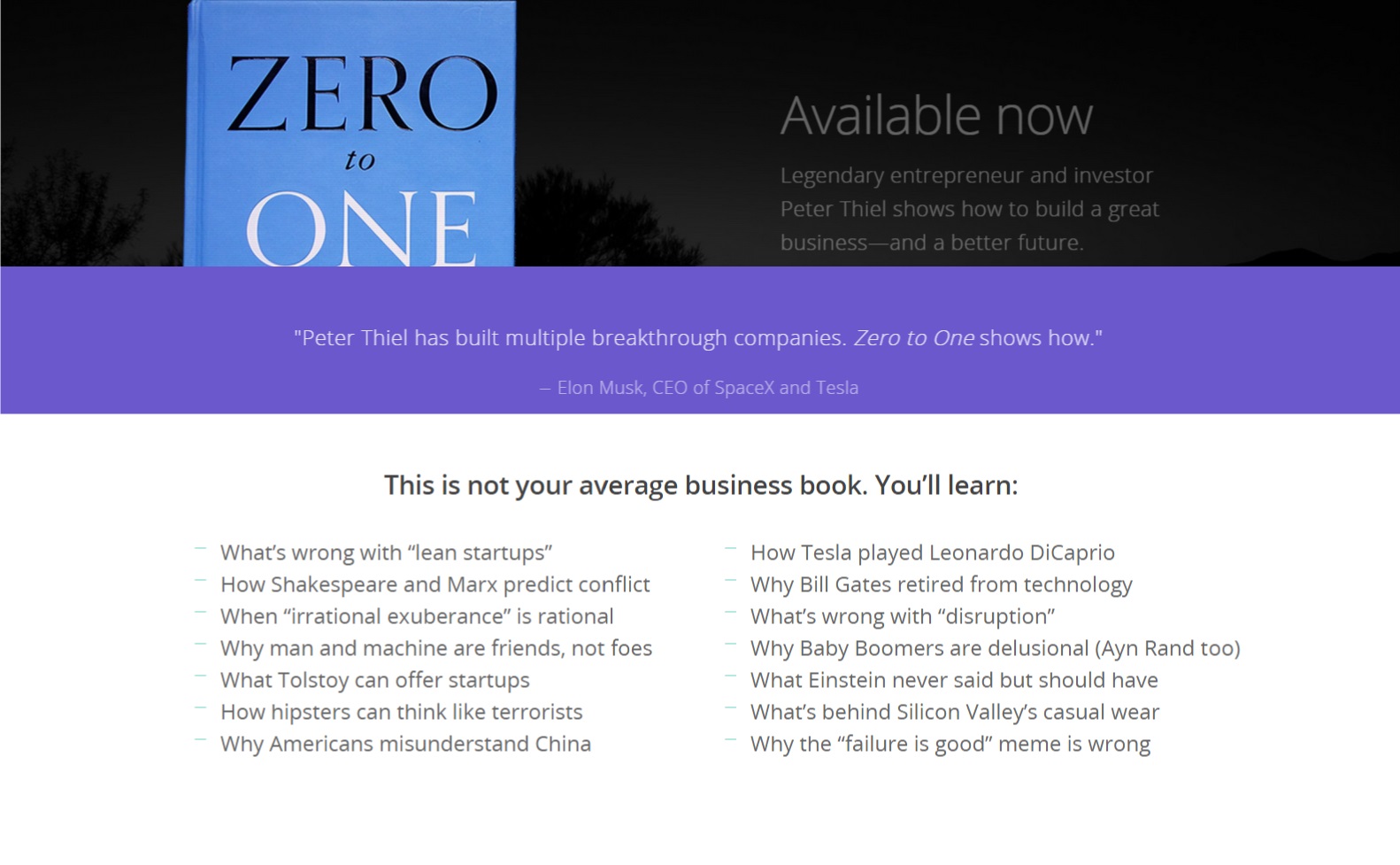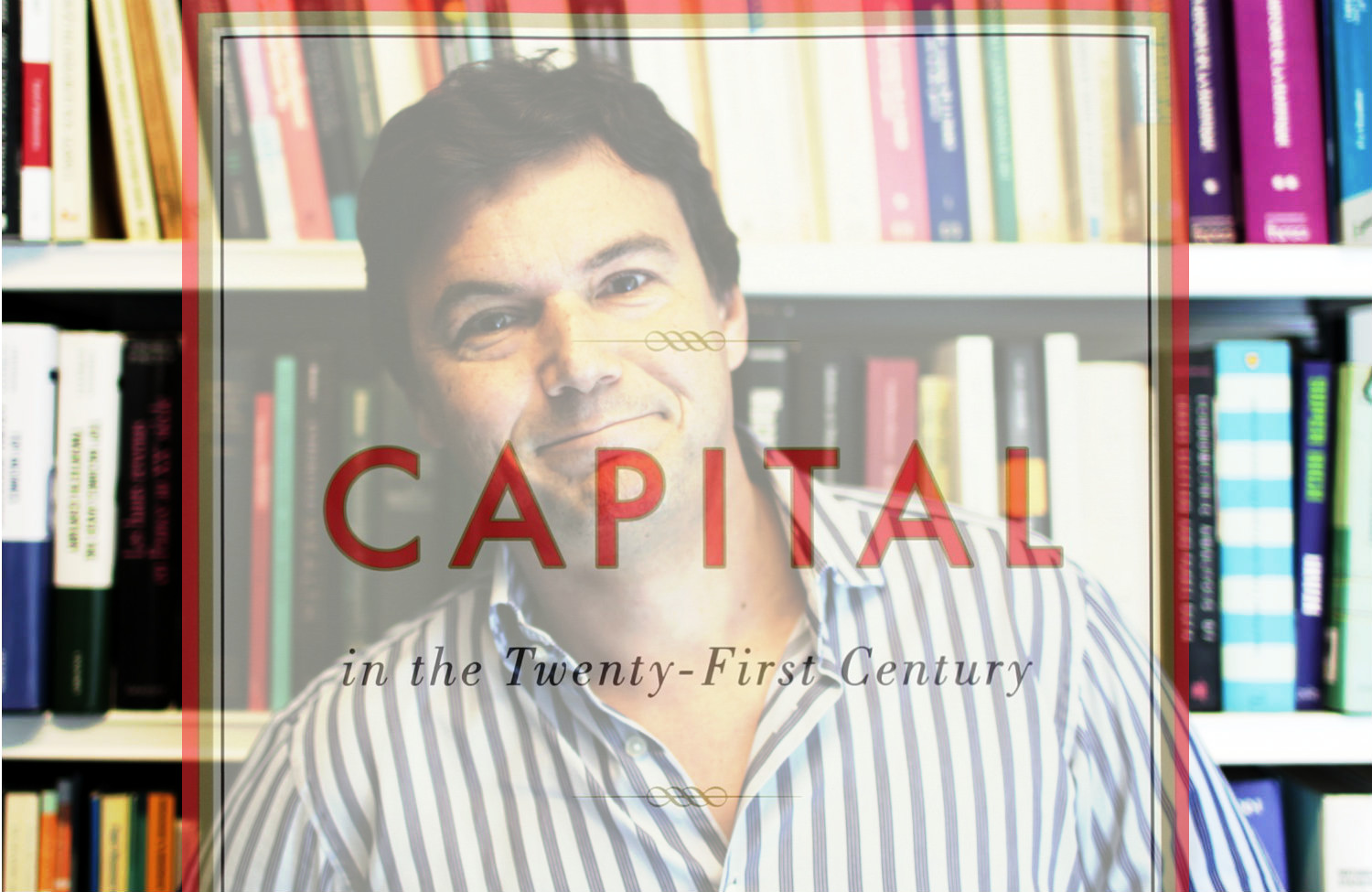
At the start of a new year one of the many resolutions people, including Mark Zuckerberg, often make is to read more books. Following in that vein I have decided to share the titles that will kick off my reading journey in 2015.
I certainly won't be aiming to complete a book a week. I, like most individuals, will leave such lofty ambitions to non existent fantasy versions of ourselves. Instead I will to stick to a more realistic target of 3 over the course of a month.
What follows below is my selection. These lucky three books were published in 2014 and are well worth the read.
Zero to ONE
Written by Peter Thiel with the help of notes from Blake Masters this book tries to instruct us on what it takes to grow a new business from scratch.
Apparently the book owes its genesis to concepts delivered by Thiel for a 2012 startup course at Standford University. It tries to avoid being yet another Lean Startup manuscript. Alternatively it presents a framework regarding how to go about creating something entirely new. Going from 0 of something to the very first 1.
All the wisdom bestowed is likely not applicable to every situation. Nevertheless, the book has garnered lots of attention. The reviews are generally favourable and readers like Steve Frank are satisfied. I'm curious and it certainly is worth the time to find out how good the advice really is for yourself. Find out where to buy or order the book at zerotoonebook.com or get Amazon title Zero to One: Notes on Startups, or How to Build the Future.
JAVASCRIPT & JQUERY interactive front-end web development
Javascript is a programming language that is taking over the world. While other languages are fast becoming byzantine JS is running on your phone, desktop, browser and increasingly that server in the cloud as well via technology like nodejs. Don't take my world for it, ask TIOBE. 
You may see this as a more technical pursuit but writers, web designers, IT experts, marketers and even Grandmothers occasionally need to tweak something. At times it will be better and cheaper to take a stab at it yourself rather than wait for a professional. Fine tuning these days requires digging a little deeper and inevitably knowing some programming will help. The background knowledge has never been easier to attain. Online courses abound but so do good books on the subject. This is one such book.
JS is no longer strickly the domain of the young Web 2.0 natives or the tech geniuses. However, that doesn't mean you should take this language with its humble Netscape beginnings lightly. There are more than a few gotchas. Learn it the right way! Buy the Web Design with HTML, CSS, JavaScript and jQuery Set.
CAPITAL in the Twenty-First Century
Thomas Piketty may have chosen to reject the prestigious Legion D'Honneur award. Even so, that didn't stop Krugman from thinking that this is the most important economics book of 2014 and probably the decade.
Some of the ideas expoused may have a distinctly socialist tendacy but they are based on facts and well reasoned. Governments doing income redistribution is not popular and some attempts such as France's terrible 75% tax scheme are scary and disasterous.
There is no doubt that the growing disparity between the haves and the have nots is one of the most important challenges being tackled in our time. The shift in the world's resources to the 1% is astounding and Piketty makes us pause to evaluate if it's more than luck and hard work. Unfortunately, the perpetuation of systematic imbalances may be in the mix. The deficiencies are glaring but caution is still the name of the game. Let's be careful with the corrective action to ensure that we miss the potential pitfalls of the fix.
This book has received criticism and is equally praised and despised. I agree with Bill Gates that you won't get wealthy sitting on your laurels or collecting rent for that matter.
Take a look at the Forbes 400 list of the wealthiest Americans. About half the people on the list are entrepreneurs whose companies did very well (thanks to hard work as well as a lot of luck). Contrary to Piketty’s rentier hypothesis, I don’t see anyone on the list whose ancestors bought a great parcel of land in 1780 and have been accumulating family wealth by collecting rents ever since.
But even he admits that "Capital" is well worth the read. Check out this summary if diving in seems too heavy. You may even end up buying the book Capital in the Twenty-First Century.



 Nneko Branche.
Nneko Branche.